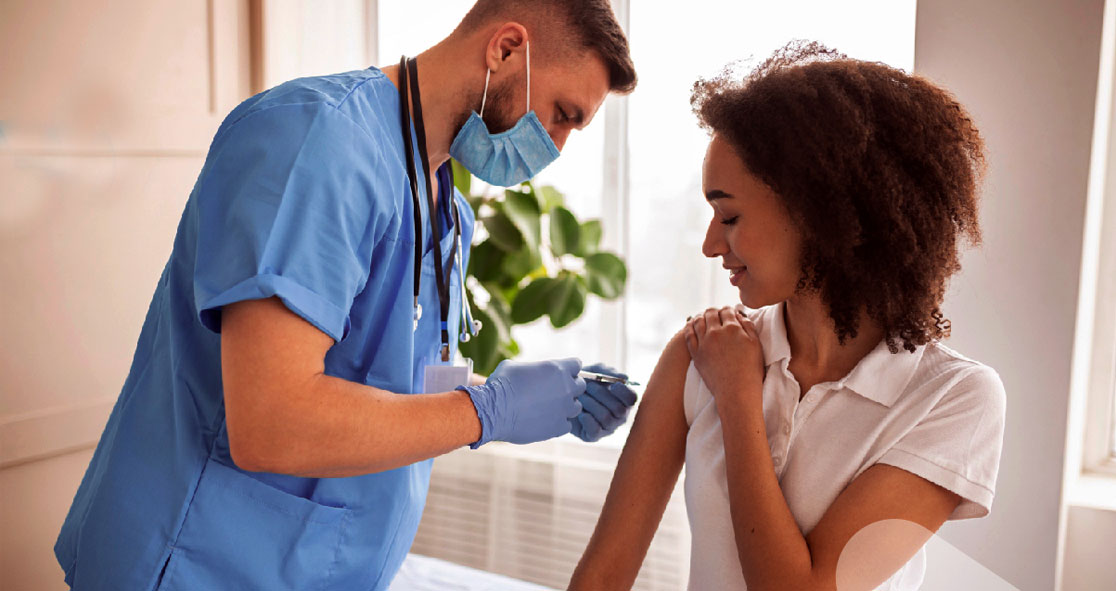A new study, published Wednesday in the journal PLOS One, finds that people who get vaccinated against the deadly coronavirus may experience significant improvements in their mental health, according to HuffPost.
Researchers tracked people who received the first dose of any COVID-19 vaccine from December 2020 to March 2021. They found that those who had received the shot were less likely to show any signs of depression than those who were unvaccinated.
The pandemic has really taken a toll on people’s mental health, with people experiencing signs of anxiety and depression.
In summer 2020, at least 4 in 10 Americans reported struggling with mental health issues or substance abuse, which is up from about 1 in 10 adults before the pandemic, prompting experts to call it a “national crisis.”
In February, a Kaiser Family Foundation report said, “As was the case prior to the pandemic, adults in poor general health (which may reflect both physical and mental health) continue to report higher rates of anxiety and/or depression than adults in good general health.”
How vaccination boosts mental health?
Well, in most people, the pandemic is responsible for causing mental health concerns, as it caused widespread job losses, isolation, and deaths of loved ones.
However, the new study did not exactly explain how and why vaccinated people experienced a mental health boost. The researchers said it could be due to a combination of factors.
First, the authors believe that vaccinated people worry less about getting infected. Second, vaccinated individuals might become more socially active or try out new work opportunities.
However, the study findings do not suggest that vaccination is a treatment for mental health issues. It also does not suggest that getting vaccinated will provide you with the mental health support you need.
The authors wrote that the study findings should simply be understood as the “short-term direct effects of getting a first vaccine dose.”
They also wrote that unvaccinated people might still worry about loved ones getting sick or dying. The article first appeared in HuffPost.























